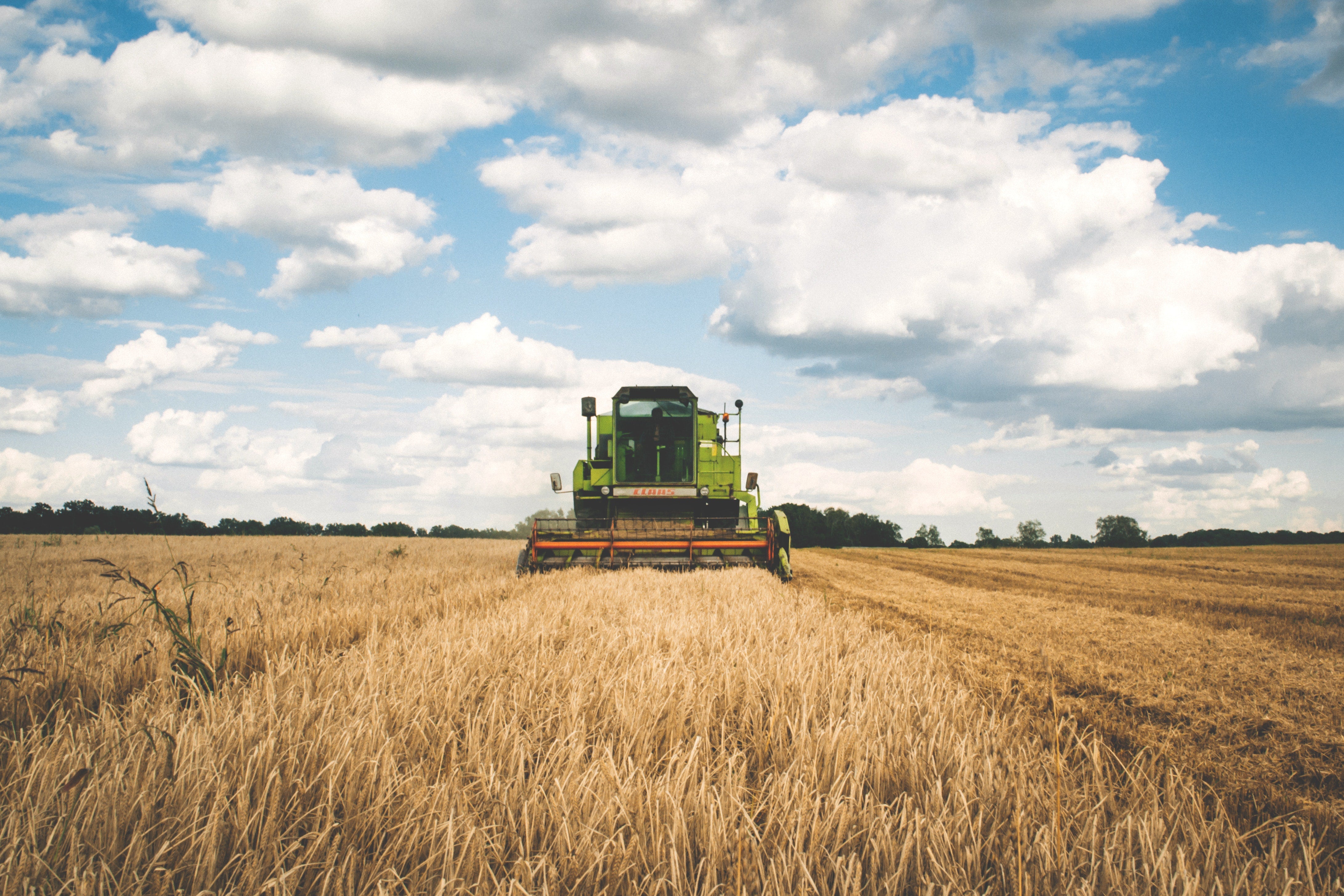When it comes to shopping for fruits and veggies the process should be like a walk in the park. After all, they are great for your health and well-being. However, nearly three-fourths of the 6,953 produce samples tested by the U.S. Department of Agriculture in 2014 (the most recent year tested) contained pesticide residues. Unfortunately these findings show the conventional fruit and produce industries are ignoring that American consumers want produce with less pesticides. Environmental Working Group (EWG), a nonprofit organization that advocates for policies that protect global and individual health, decided to take action. They shined a light on a growing consensus in the scientific community that small doses of pesticides and other chemicals can have adverse effects on health, especially during vulnerable periods such as fetal development and childhood. EWG compiles two lists every year called "The Dirty Dozen" and "The Clean Fifteen" to help when shopping non organic produce and fruit. Switching over to an all organic diet can prove to be too costly for some. Their goal is to help those that can't afford purchasing all organic items by identifying fruits and vegetables that test low in pesticide residue. By doing so it allows you to make the choice and purchase organic for the ones that test higher.
Dirty Dozen 2016
- Strawberries
- Apples
- Nectarines
- Peaches
- Celery
- Grapes
- Cherries
- Spinach
- Tomatoes
- Sweet Bell Peppers
- Cherry Tomatoes
- Cucumbers
Note: Hot Peppers, Kale, and Collard greens didn't meet the ranking criteria, but were frequently found to be contaminated with highly toxic pesticides and should be purchased organic.
Clean Fifteen 2016
- Avocados
- Sweet Corn*
- Pineapples
- Cabbage
- Sweet Peas (frozen)
- Onions
- Asparagus
- Mangos
- Papayas*
- Kiwi
- Eggplant
- Honeydew Melon
- Grapefruit
- Cantaloupe
- Cauliflower
*A small amount of sweet corn, papaya and summer squash sold in the United States is produced from GE seed stock. Buy organic varieties of these crops if you want to avoid GE produce.
EWG has more detailed information here: https://www.ewg.org/foodnews/index.php

